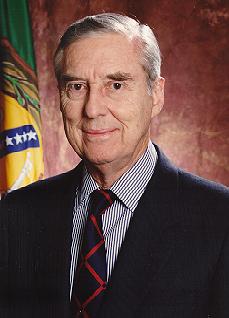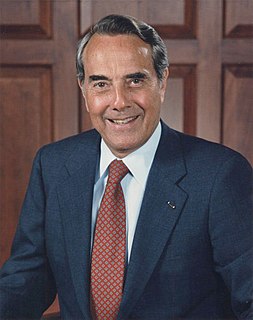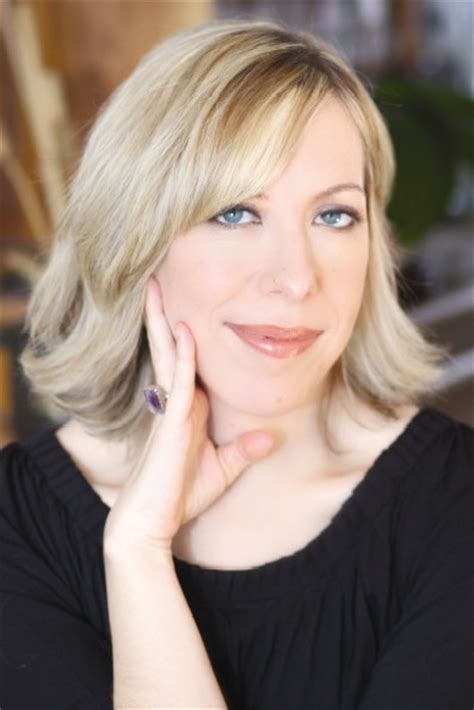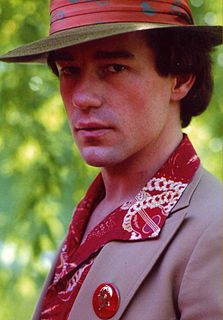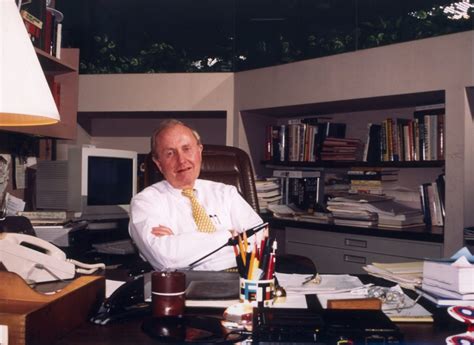A Quote by Dan Quayle
I have as much experience in the Congress as Jack Kennedy did when he sought the presidency.
Quote Topics
Related Quotes
Public image is extremely important in American society and I observed personally that the Presidency of John F. Kennedy did much in the public mind for Harvard. Harvard was an excellent school before Kennedy, but Kennedy embodied a new vision for the United States: a leader who caught the world's imagination and that reflected on his alma mater, Harvard.
Normally what happens in a new presidency is the president has a big agenda, and Congress is full of people with human weaknesses. And so the president indulges the human weaknesses of members of Congress in order to pass his agenda. This time it's the other way around. Donald Trump does not have much of an agenda. Congress burns with this intense Republican agenda and so does Congress that has to put up with the human weaknesses of the president in order to get a signature on the things it desperately wants to pass.
President Kennedy's election was such an enlargement. It expanded religious freedom to include the highest office in the land. President Kennedy's administration was such an enlargement. It advanced the day when the bars of intolerance against all minority groups will be lifted, not only for the presidency, but for all aspects of our national life.
The work I did on 'Killing Kennedy' was very meticulous and, in some ways, actually tedious. It was hard work because there is so much known about John F. Kennedy and Lee Harvey Oswald. To try to distill that into a clear narrative that's interesting and tells two great stories was a real challenge.

